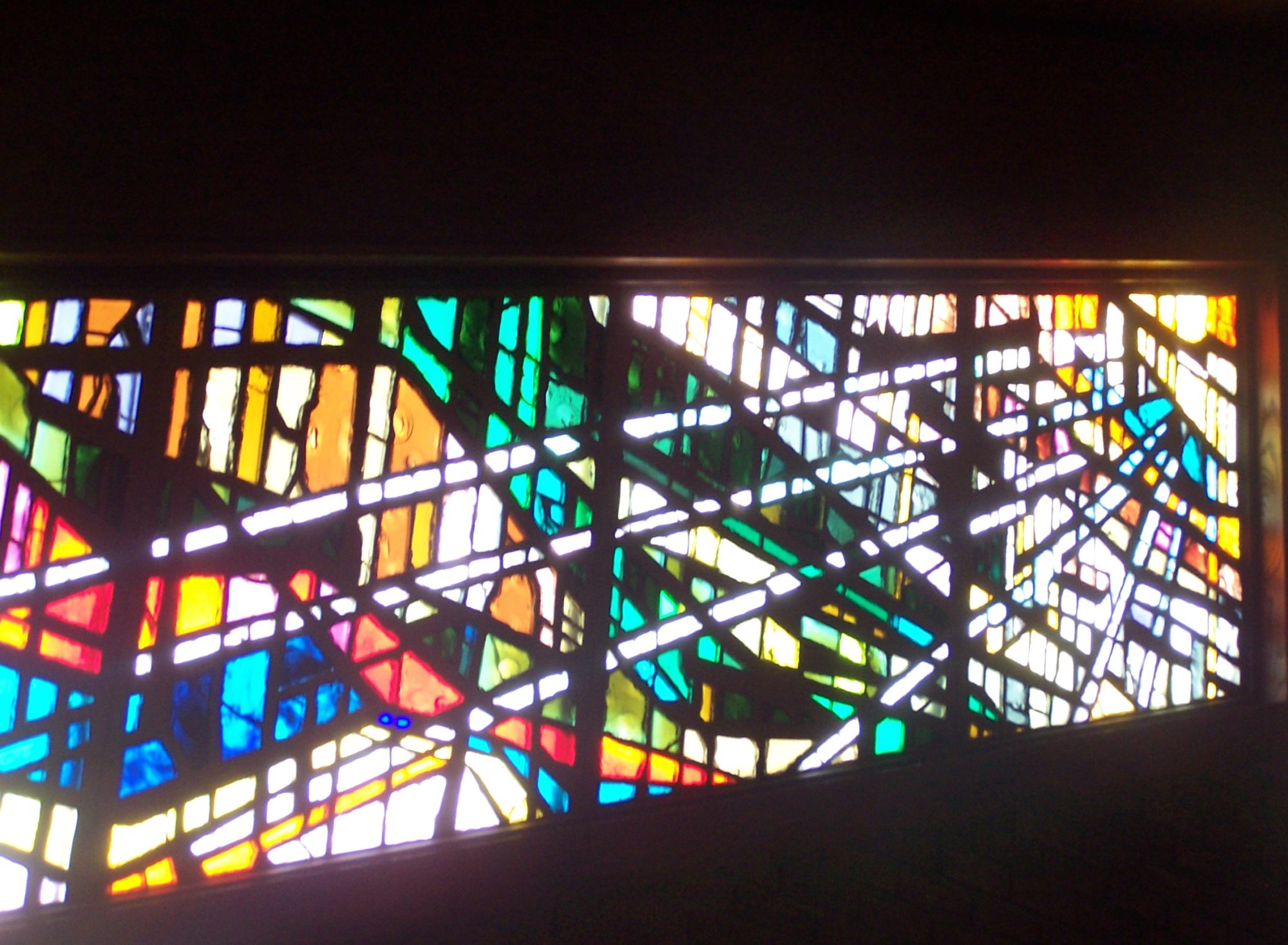Faith formation is more than learning about God. Old models of formation often focused heavily on education and the sense was that when an individual finished Sunday School or Confirmation, they were done, they knew all about God and didn’t need to learn more. Our faith is never complete, formation is a lifelong process. One way to understand the difference between formation and education is to consider the difference between faith and belief. Both words are very important. Belief tends to emphasize what we know, guiding our choices through what we believe. Faith tends to emphasize how we are connected, guiding our choices through what or who we trust. Some churches use models that emphasize belief, teaching information about Christianity, in the expectation that faith will be developed. Other churches use models that emphasize faith, building relationships that guide, with the expectation that belief will come along. Both belief and faith are important, it’s just a matter of where one starts.
Our goal in faith formation is developing a relationship with God and the church that helps people through their life. It is discovering and developing a faith that can support and encourage individuals by nurturing a meaningful relationship with God and other folks in the church. As such, it is never complete. Our faith continues to be formed throughout our life as we experience more with God and each other.
Because we emphasize creating disciples through faith formation over teaching beliefs, we engage in children and adult ministries in unique ways that may feel very different.
Key elements of our faith formation offerings
Children worship with adults as one church. Faith is formed best by watching and imitating adults. Our children learn from a very early age how to worship God when they are present with us in worship. Shirley Morganthaler, an early childhood education researcher and expert once said “the dance of the liturgy is best learned from the lap of a loving parent or caring adult.”
Milestones mark our faith journey. Our lives are filled with events that shape and form us. Some events are exciting and others are painful. Together they all provide markers that remind us of who we are and how God is involved with us. Milestones provide the structure for our main childhood faith formation but extend throughout life. They are marked both within the family and by the congregation. The foundation of Milestones is routine devotions done by the household, supported by the congregation, and shared by all.
Bible Study provides in-depth exploration. Classes offered on a specific topic help adults explore aspects of the Bible and their faith more deeply. Two of our re-occurring classes are Adult Bible Study and Eating Together Faithfully.
Intergenerational events provide times to come together and grow in faith. Periodic events throughout the year invite us to learn and grow with each other. Adults help children and children help adults develop a deeper faith. Many of these events focus on congregational milestone moments but also include other opportunities, like Vacation Bible School in the summer and Hanging of the Greens in the winter.

